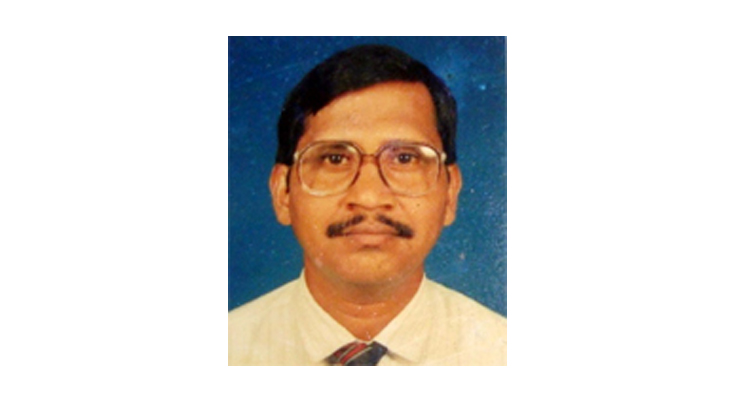 There are temples of demon king Ravana in Vidisha (MP), Kolar (Karnataka), Kanpur (UP), Kangra (HP) and Jodhpur (Rajasthan) where people still worship ‘Ravana’ instead of ‘Ram’.
There are temples of demon king Ravana in Vidisha (MP), Kolar (Karnataka), Kanpur (UP), Kangra (HP) and Jodhpur (Rajasthan) where people still worship ‘Ravana’ instead of ‘Ram’.
Amidst traditional fervour and fanfare the Navratra— a festival of victory of good over evil celebrated across the India and abroad (UAE and Bangladesh), a time to deep mourns for an ancient ethnic tribe.
The ancient tribal group, ‘Asur’— who built Indus Valley Civilization and were the one who first made iron in the world, keeps themselves deep mourning during the period of Navratra or Durga Puja. Believing in the mythology of the demon-killing (Mahishasur) by the Goddess Durga, Asur people used to lock themselves inside their homes from sunrise to sunset during Navratra.
Asurs’ are said to be the descendant of Mahishasur (a demon king) and do not worship any God. They believe that all Gods and Goddesses illegally joined hands and killed Mahishasur.
“We (Asur people) used to block or close the windows and other openings of our homes with woods to keep away the sunlight during Navratra, said Raju Asur (62) a resident of Sakhuapani at Netarhat plateau in Jharkhand.
“Everything which is essentials is done only after the sunset during this period”, he added.
According to the mythology, Mahishasur was the most powerful man at Swarga and Prithvi. “The God knew that human would stop worshipping them if the Mahishasur survived for long. So they (God) joined hands and killed him dishonestly”, said Summit Asur a resident of Asur Line in Majherdabri tea estate in Alipurduar at WB.
“We hate the Gods and Goddesses as our forefathers stopped to worshipping them, now we are strictly following them since past, said Sabeena Asur of Amtipani. “We have also learned from our forefathers that Gods will never do well to anybody, they only want to get worshipped”, she added.
But few Asurs residing in the urban areas are worried as their children refused to follow their beliefs. We are worried as children are losing our culture, said Milan Asur, a Jharkhand Government employee posted at Gumla.
Though, we do not have any documentary evidence as our knowledge, culture and beliefs are not documented yet. Verbally we used to pass our knowledge to the next generation, said Punam Asur.
We only worship our ‘ancestors’ or ‘nature’ by offering them rice beer (haria) and chicken on a holy day. Singbonga is our chief deity while the others are Dharati Mata, Duari, Patdaraha and Turi Husid, said Tupnu Asur. “We celebrate Sarhul, Karma, Dhanbuni, Kadelta, Rajj karma, Dasahara Karam, Khalihani Puja, GoraiyaPuja including others and sacrifices goat, chicks, ducks and eggs at the time of worship to please our deities”, he added.
Presently Asur belongs to Particularly Vulnerable Tribal Group (PVTG), residing in the pat area of Netarhat plateau, Gumla, Latehar, Lohardaga and Palamu district in Jharkhand and Alipurduar in North Bengal (Alipurduar— a sub-divisional municipal city of Jalpaiguri district of West Bengal).
Similarly, demon Ravana whose effigy is traditionally burnt down on Dussehra, is worshipped with all devotion and reverence in some parts of Utter Pradesh, Madhya Pradesh, Karnataka, Himachal Pradesh and in Rajasthan; there is a tradition to worship Ravana on Dusshera.
There are temples of demon king Ravana in Vidisha (MP), Kolar (Karnataka), Kanpur (UP), Kangra (HP) and Jodhpur (Rajasthan) where people still worship ‘Ravana’ instead of ‘Ram’.


